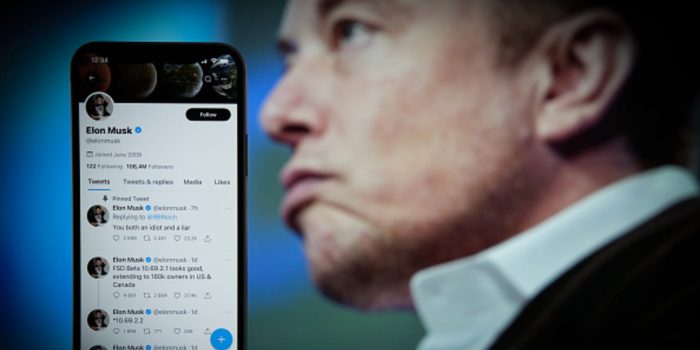Twitter is likely to face a new challenge: headbutting with Apple and Google. Musk’s enabling of offensive content may lead to Twitter’s deplatforming if his laid-back approach toward moderation puts Twitter at odds with developer guidelines on the major app stores.
The language used in the Apple App Store and Google Play is intended to protect users from offensive content such as bullying, harassment, and other types of discrimination. Elon Musk’s “Twitter 2.0” proposal may clash with the app store gatekeepers since it leans more toward “free speech.”
Musk has taken an inconsistent stance on moderation. Recent arguments he has made include “Freedom of speech, not freedom of reach” and Twitter’s new policy. This past weekend, he unblocked Kanye West, who had been blocked due to his antisemitic outbursts, and Donald Trump. He also reinstated other contentious accounts, such as those of the podcaster Jordan Peterson and the satire website Babylon Bee, both of which had been suspended for posting anti-trans comments.

Apple’s App Store chief honcho, Phil Schiller, just canceled his Twitter account, which analysts are not necessarily viewing as a positive sign.
“We appear to now know how Apple’s App Store chief feels about the new Twitter,” summarised Bloomberg’s Apple correspondent Mark Gurman.

As a result of Musk’s “Twitter 2.0” plan, the company’s software may be slowed down or pulled from app stores since it violates Apple or Google’s app guidelines.
However, at the same time, Apple stands to gain significantly if Twitter implements the new $8-per-month Twitter Blue subscriptions. Apple would presumably earn a 15% to 30% fee, the standard amount for paid apps and in-app purchases.
Musk recently lashed out in a tweet against the app store fees imposed by Google and Apple on companies like Twitter.
“App store fees are too high due to the iOS/Android duopoly,” Musk tweeted.
“It is a hidden 30% tax on the Internet.” In a follow-up post, he tagged the Department of Justice’s antitrust division, which is reportedly investigating app store rules.
Furthermore, Musk’s plan to offer paid blue verification badges has also resulted in chaos and accounts impersonating major corporations and figures, causing some advertisers to avoid the social network.

Musk must deal with the authority of Google and Apple, which have the power to reject or even remove apps that violate their standards about harmful content and content moderation.
Musk must now decide whether competing against two of Silicon Valley’s most profitable and influential companies with over 30% fees and Twitter’s ability to publish controversial tweets is worthwhile.


